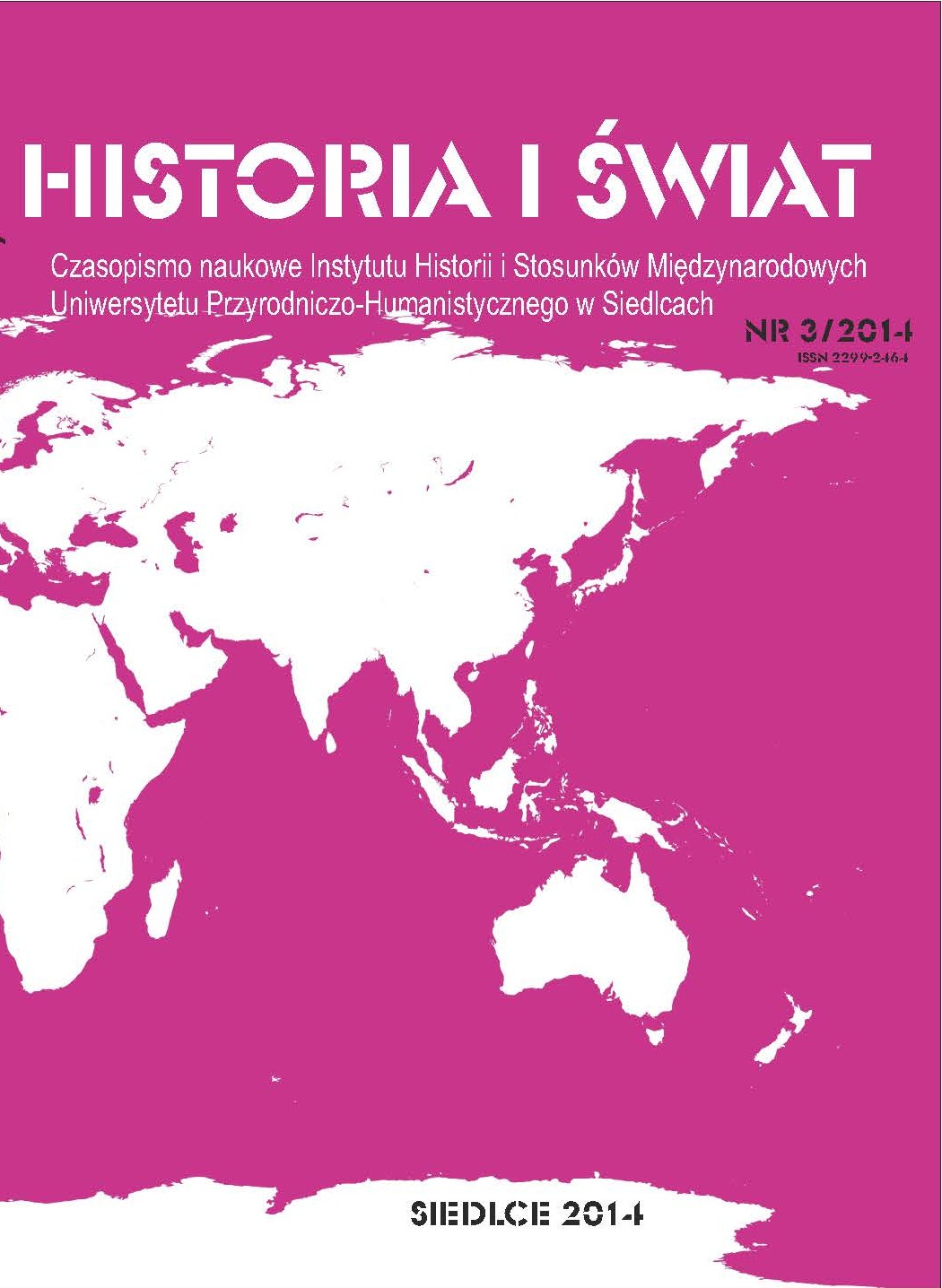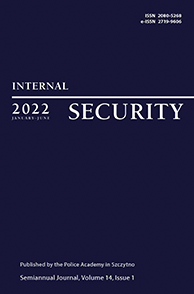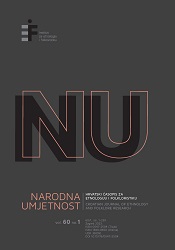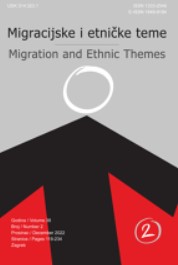Croatian Diaspora as a Potential Tourist Market: The Case of Canada
Author(s): Doris Peručić,Marijana Greblički,Adrian Beljo / Language(s): English
/ Issue: 2/2022
Keywords: diaspora tourism; Croatian Canadian community; motives for travelling to Croatia; travel characteristics; tourism experience; future travel intentions;
Diaspora members feel a strong connection to their homeland. Their motivations for travel in the homeland range from visiting the homeland, relatives, and friends, searching for their “roots”, attending important national and religious holidays, conferences and educational programmes to using health services, visiting tourist attractions and having a holiday. This research study aims to identify and analyse the personal motives of the Croatian diaspora residing in Canada for visiting and revisiting the homeland, their socio-demographic profile, travel characteristics, tourism experience and future travel intentions. The empirical research was conducted among members of the Croatian Canadian community. It is based on an online survey conducted from January to March 2022. The findings show that Croatian Canadians are an attractive market segment for diaspora tourism. The primary motives for travelling to Croatia are associated with visiting family and friends, visiting the homeland, and going on a beachside holiday. For the emigrant population, nostalgia/homesickness is the other crucial motive for travelling to Croatia, while for their descendants, it is sightseeing/visiting tourist attractions. Respondents born in Canada are more satisfied with tourism development than those born in Croatia. More than 80% of Croatian diaspora residing in Canada are definitely planning to visit or revisit their homeland in the future. The article provides new insights into the motivation and behaviour of Croatian Canadians as potential tourists visiting Croatia, which is insufficiently researched in tourism literature. It enables a better understanding of the unique characteristics and nature of the travels of diaspora members of two generational groups, which facilitates decision-makers to adapt to their needs. The study provides guidance for improved management of diaspora tourism.
More...




